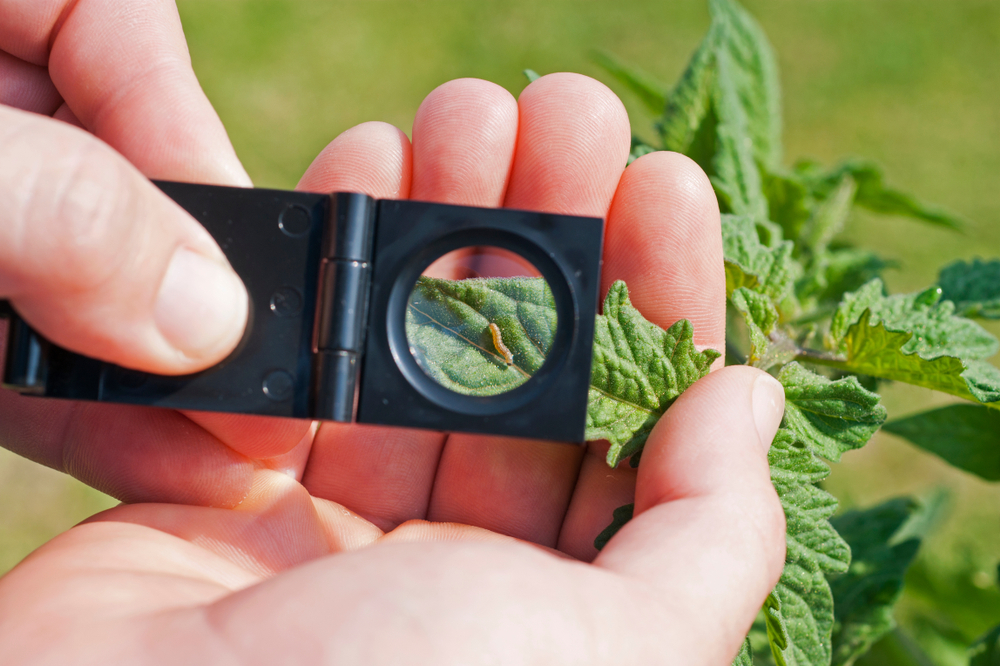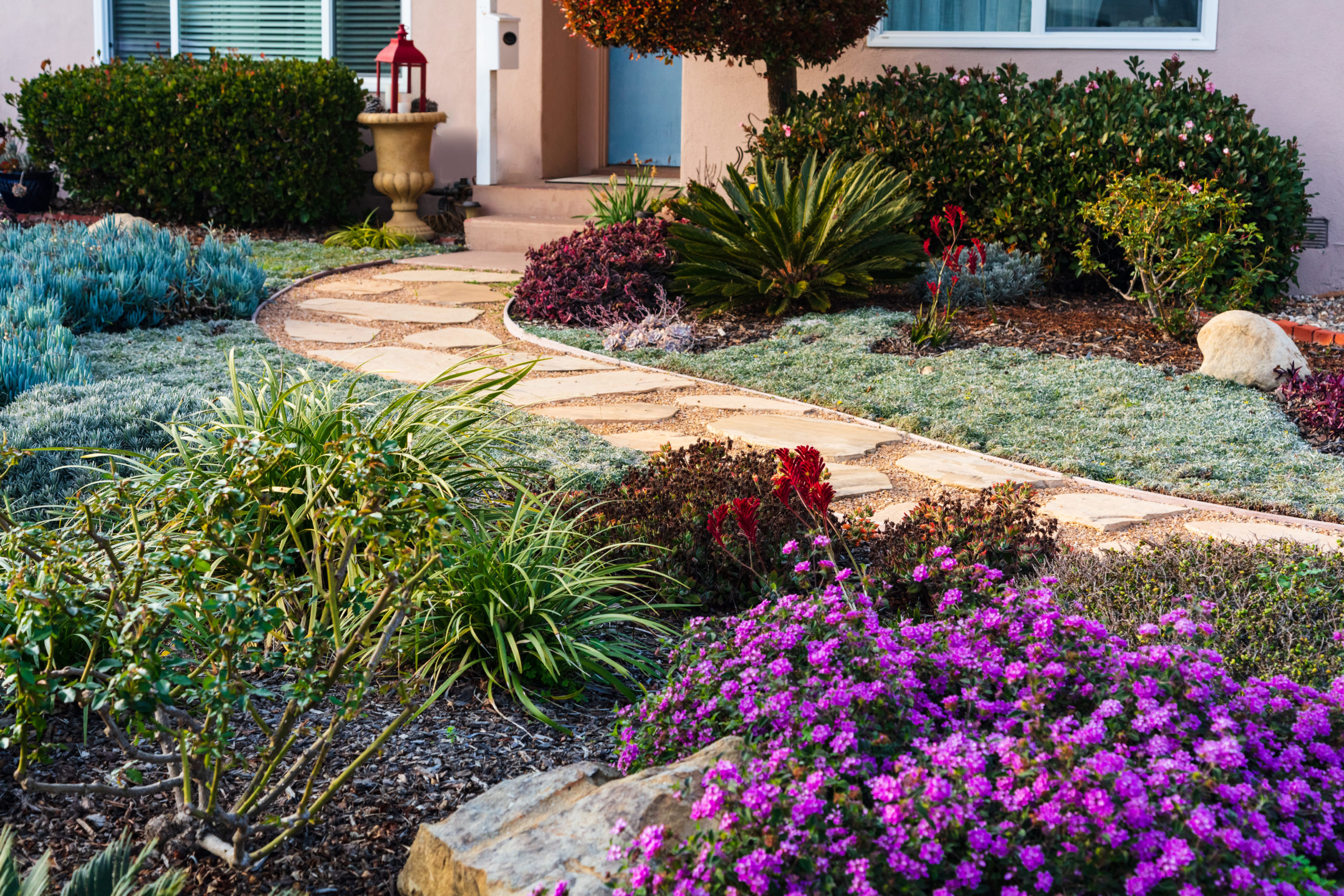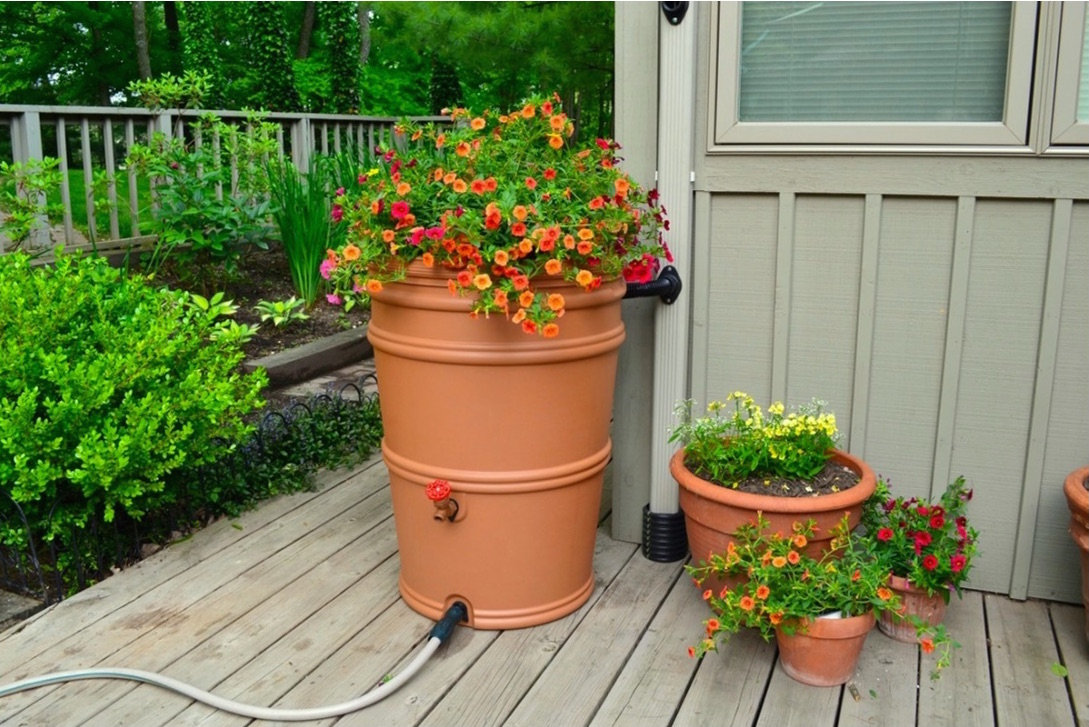POLLUTION PREVENTION TIPS
Simple best management practices (BMPs) can prevent stormwater pollution and protect our local creeks and rivers! It means clean water, clean neighborhoods and it shows your customers that you care about your community.
The Industrial General Permit (IGP) is an NPDES permit issued by the State Water Resources Control Board that regulates discharges associated with nine broad categories of industrial activities, including manufacturing plants, mining operations, disposal sites, recycling centers and transportation facilities. The permit requires the development of a Stormwater Pollution Prevention Plan (SWPPP) that identifies sources of pollution and describes the measures the facility has taken to reduce stormwater pollution.
If you own, manage or help operate an industrial or commercial business, you can help reduce stormwater pollution. From environmentally friendly cleaning and maintenance activities, to recycling hazardous waste materials, businesses can do a lot to prevent stormwater pollution. These industrial and commercial best practices can help protect our creeks and rivers.
The California Stormwater Quality Association (CASQA) produced the Industrial & Commercial BMP Online Handbook to provide general guidance for selecting and implementing BMPs to reduce pollutants in runoff from industrial and commercial facilities. This document is available for a fee.
Reduce Runoff
- Take an inventory of your daily activities and look for specific ways you can reduce runoff into the storm drain system. Pay close attention to impervious outdoor surfaces like parking lots, loading docks, and maintenance yards.
- Locate the storm drains on or near your property. Make sure trash or liquids are not flowing into those drains and that your employees understand where these drains are and how to protect them.
- Sweep trash enclosures and close all trash bin lids. Avoid power washing with water!
- Make sure that cooling towers, boilers, compressors, water softeners, and other equipment are connected to the sanitary sewer.
- Store chemicals, waste, raw materials, and contaminated equipment indoors or in a covered, spill-contained area to prevent exposure to stormwater.
Hire Eco-Friendly Pest Control and Landscape Professionals
When dealing with unwanted pests around your business, you may want to hire a pest control service to take care of the problem for you. Pest control professionals have access to different products, specialized training, and other equipment that may be needed in order to manage a serious infestation or problem.
By following these steps, you can support pest control companies that understand and implement integrated pest management and less toxic approaches.
- Do some research about the pest you have and how it can be controlled.
- Ensure the pest control operator has a license issued by the California State Structural Pest Control Board and any other registrations, certifications, or insurance required. To verify the license for a pest control operator, visit the Department for Consumer Affairs.
- Hire a pest control operator who is certified in using integrated pest management practices, applies effective non-chemical strategies first, and knows how to effectively manage pests. Some questions that you can ask and things to consider can be found here and here. Several certification groups can also be helpful in finding a pest control company:

Design Your Landscape To Reduce Runoff
Proper design and management of the landscaping around your business can help prevent pesticide runoff from these areas into local waterbodies. Some ways to reduce your landscaping irrigation needs and keep irrigation water onsite can be found here and here. Discover county-specific tips by using the UC Seasonal Landscape IPM Checklist.
Slow the flow by following the University of California’s Statewide Integrated Pest Management Program recommendations for pesticide-smart landscape design:
Help water soak into the ground.
- Use stones, pavers, gravel, mulch, or other materials that allow water to soak into the ground in areas where you don’t have plants.
- Aerate your soil and use organic material, like compost, as well as perforated drainage lines, to reduce areas of water pooling in your landscaping.
Create landscape features to collect runoff water.
- Consider using trees, rain gardens, terrace walls, rain barrels, or swales (long, shallow, grassy depressions) to hold water within the landscaped area and allow it to soak into the ground rather than draining directly to our surface waterbodies.
- Consider using river-friendly gardening approaches such as selecting appropriate plants, minimizing the use of chemical pesticides, and creating “hydrozones” by grouping plants according to water needs. Learn more about how to make your yard river-friendly on the Lodi Watershed Friendly Landscaping website or by following these River-Friendly Landscape Guidelines.
Install and properly operate irrigation systems and equipment.
- Make sure your irrigation equipment is working properly by regularly inspecting it and consider installing a “smart” irrigation controller to reduce overwatering.


Spread the Word
- Talk to and train your employees about the importance of implementing the industrial and commercial best practices.
- Train employees to wash vehicles and equipment indoors in a wash rack connected to the sanitary sewer or at a commercial wash facility.
- Train janitorial staff to dispose of floor cleaning water down a drain connected to the sewer and not onto the parking lot.
General BMPs
- Review your cleaning and maintenance activities to look for ways to prevent runoff into the storm drain system, especially in outdoor areas like parking lots, loading docks, and maintenance yards.
- Keep trash enclosures swept and trash bin lids closed.
- Wash vehicles and equipment indoors in an area that is connected to the sanitary sewer or off-site at a commercial wash facility.
- Make sure that cooling towers, boilers, compressors, water softeners, and other process equipment are connected to the sanitary sewer.
- If you use hazardous materials in your everyday business, like ink and solvents for commercial printing, or polishes and chemicals for car detailing or manufacturing aftermarket accessories, do not put these hazardous materials in the trash or pour them into the gutter. Take them to be recycled safely. Lincoln businesses may drop off hazardous waste for a fee at the household hazardous waste facility located at 3195 Athens Avenue.
- Store chemicals, wastes, raw materials, and contaminated equipment indoors or in a covered, spill-contained area to prevent exposure of these materials to stormwater or storm drains.
- Take advantage of less-toxic alternatives to dangerous chemicals. From detergents to drain openers, there are many ways to get the same or better results without having to rely on toxic substances.
FOR SPECIFIC BUSINESS TYPES:
- Keep all dumpsters closed and covered, and replace or fix dumpsters that leak.
- Ensure that cleaning supplies, chemicals, and cooking materials are properly sealed and stored.
- Dispose of fats, oils, or grease through a recycler or disposal service. Regularly inspect/clean grease traps and interceptors.
- Sweep exterior areas instead of hosing them down.
- Clean floor mats inside and dispose of the wash water into a drain connected to the sanitary sewer.
- When choosing a pest control operator, it is recommended that you hire someone that uses Integrated Pest Management. IPM pest control operators look at environmental factors that affect pests and their ability to thrive and gain access into your business, rather than simply eliminating pests, which often doesn’t get to the root of the problem. This often proves to be a long-term solution to the problem rather than just a temporary bandaid. Make sure that whoever you hire has the required licenses, registration, certificate, and insurance before they begin work. Pest control companies and individuals making household treatments must operate with a license issued by the California State Structural Pest Control Board. Verify the status of a pest control company’s license online.Resources you can use to locate a pest management professional include EcoWise Certified, Green Shield Certified, and Green Pro Certified professionals. For more information about hiring a pest control company, review this Our Water Our World tip sheet.
- Ensure that wash water, debris, chemicals and cleaners are contained and properly disposed. Locate the sanitary sewer clean out where wash water can be discharged.
- Minimize use of soaps/chemicals. Consider biodegradable alternatives.
- Promptly clean up any spills using dry methods, including vacuuming, sweeping, sawdust/kitty litter, and rags/paper towels.
- Inspect equipment to ensure it does not leak. Ensure chemical containers are sealed before and after use and during transportation.
- Follow the practices listed under “Landscape Contractors” below.
- Keep exterior areas free of trash and debris. Empty trash receptacles regularly. Keep dumpsters closed and ensure they are not leaking.
- Sweep exterior areas instead of hosing them down, and avoid cleaning any equipment outside.
- When choosing a pest control operator, it is recommended that you hire someone that uses Integrated Pest Management. IPM pest control operators look at environmental factors that affect pests and their ability to thrive and gain access into your business, rather than simply eliminating pests, which often doesn’t get to the root of the problem. This often proves to be a long-term solution to the problem rather than just a temporary bandaid. Make sure that whoever you hire has the required licenses, registration, certificate, and insurance before they begin work. Pest control companies and individuals making household treatments must operate with a license issued by the California State Structural Pest Control Board. Verify the status of a pest control company’s license online.Resources you can use to locate a pest management professional include EcoWise Certified, Green Shield Certified, and Green Pro Certified professionals. For more information about hiring a pest control company, review this Our Water Our World tip sheet.
- Minimize water use, avoid daytime watering, and ensure that sprinklers are directed at landscaped areas, not pavement. Avoid watering prior to, during, or immediately after it rains, and when soil is already very wet.
- Apply 3-6” of mulch to help retain water in the soil. Use composting blades on mowers, and leave leaf litter in plant beds as mulch.
- Consider incorporating drought-resistant landscaping to conserve water. Installing grassy swales or rain gardens will provide natural places for stormwater and irrigation water to collect.
- When needed, apply pesticides and fertilizers using recommended amounts and application methods, and avoid application when it is windy or before it rains. Avoid overwatering immediately after application.
- Use organic, slow-release fertilizers to prevent runoff of excess fertilizer.
- Where possible, practice integrated pest management (IPM) to control pests while minimizing risks to people and the environment.
Learn more about integrated pest management approaches and available training by visiting the UC IPM Program for structural pest management or landscape pest management.

